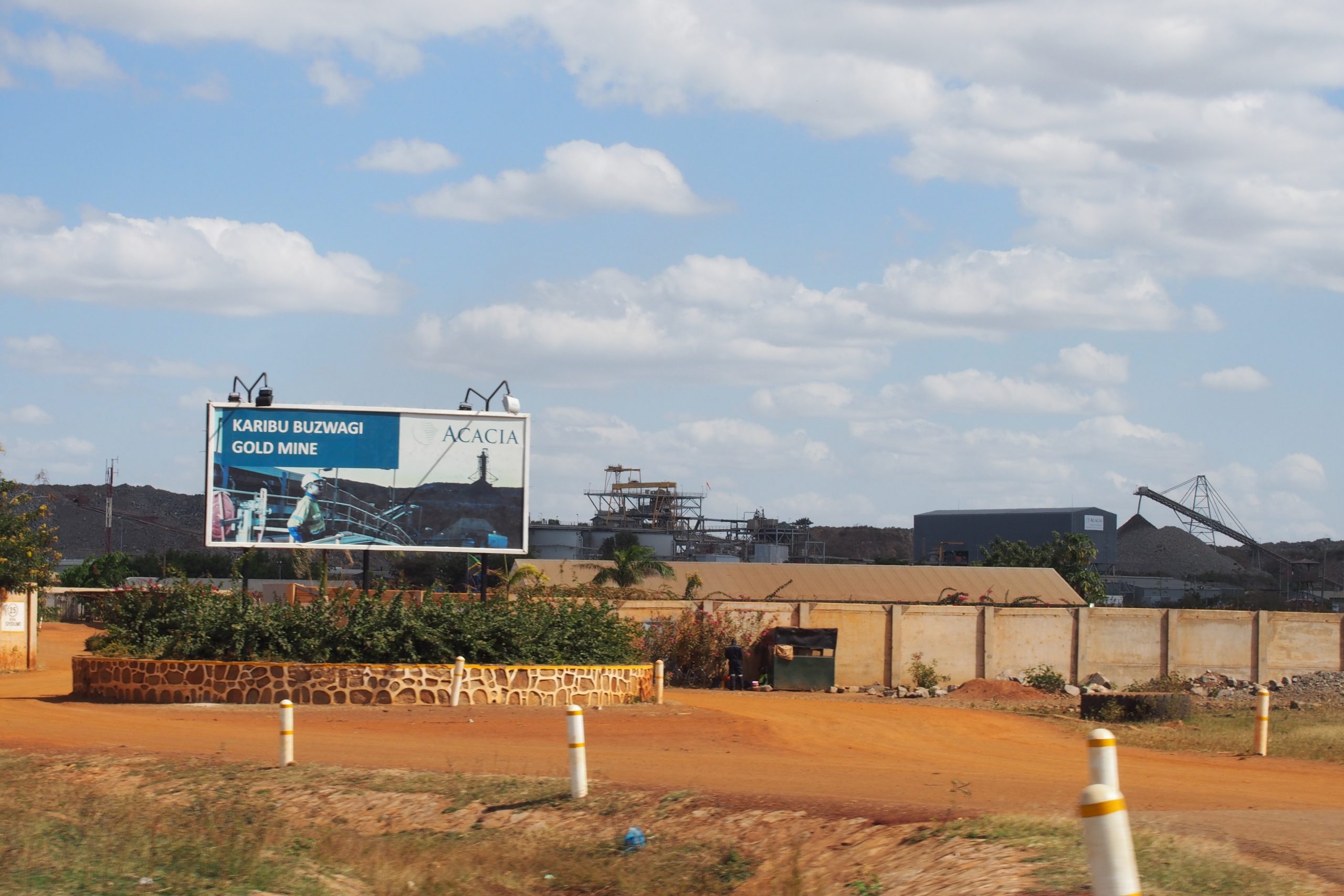The story started when President Magufuli visited the Port of Dar es Salaam in March finding 277 containers of mineral sands about to be shipped. He ordered that these containers have to be held at the port until the minerals’ composition is verified and appointed two committees to investigate the matter.
The first committee was formed by academicians and industry professionals while the second committee comprises of economists and lawyers.
The first committee’s report was submitted to the President on 24th of May 2017 and the report revealed that an average of 1,400 grams of gold per tonne of mineral sand was discovered in containers which differs with what the Tanzania Minerals Audit Agency indicated (200 grammes).
The first committee’s report also reported disparities in copper and silver ratios, while royalty was paid for other compounds like iron, sulphur, iridium, rhodium and lithium despite being smelted from the concentrate.
The committee accused the Acacia Mining Company of not fully declaring the exact amount of mineral concentrates in the sands. Acacia denied the accusation and stated that it clearly declares everything of commercial value and pays all appropriate royalties and taxes in all of the payable minerals they produce.
Mining company asks for an independent investigation
The mining company asked for an independent committee to be set up to investigate the values of minerals in its shipment. Acacia investor relations manager Giles Blackham said in a statement that due to the magnitude of the discrepancy it was important for an independent team to be formed to investigate the value of minerals in the concentrates.
Acacia believes that if the committee’s findings were based on accurate data, Bulyanhulu and Buzwagi would be the world’s largest gold producers.
”If the committee’s findings are accurate, the many different companies, geological teams and testing laboratories involved at Bulyanhulu since the 1990s have failed to properly sample, test and report on the grades of gold in the ground and their gold, copper and silver production over these periods,’’ said Blackham.
On 12th June 2017, the second Presidential Committee handed over their report to President Magufuli. The second report was not so different from the first one, as it made similar allegations regarding the historical economic and legal aspects of the export of metallic mineral concentrates.
The report found that between 44,277 containers and 61,320 containers were shipped out of the country between 1998 and 2017 according to customs data from the Tanzania Revenue Authority, but containers declared by Acacia were less than the customs documents show.
However, this report did not declare the number of containers declared by Acacia. What was also stated in the report is that in a period of 19 years, Acacia Mining PLC failed to pay Sh95.5 trillion income tax and Sh94.4 billion in withholding tax.
The mining company also failed to pay Sh11.1 trillion in Mining royalty and Sh1.6 trillion in taxes form under declared shipping fees.
Magufuli orders further investigation on mining contracts
Immediately after the second committee presented the report, Magufuli directed orders to relevant authorities such as Prevention and Combating Corruption Bureau (PCCB) to investigate everyone involved in the controversial mining contracts between the government and Acacia Mining Company Ltd.
He also ordered Acacia Mining to pay the Sh108 trillion in royalty and tax arrears arising from its activities since 1998 if it wants to continue operation in the country. The president ordered for all Mining Development agreements to be reviewed as well as redrafting of the gas and oil laws to protect national interest in the exploitation of resources.
The President’s orders are a dream come true to those civil society organizations advocating for fair and just tax system in Tanzania.
On May 15th, Tanzania Tax Justice Coalition (TTJC) launched The Africa Mining Vision study in Dodoma before the MPs in the Energy and Mineral Parliamentary Committee. The study revealed that Tanzania’s mineral concession regime is not very transparent and that the country losses some freedom to re-negotiate fiscal terms through mining development agreements.
Therefore, the study had recommended the government to review the Mining Development Contracts so as to allow renegotiation to optimize revenues and to ensure fiscal space and responsiveness to windfalls. In addition to that, it urged the government to build the capacity and enhance the skills of officials in negotiating fiscal issues and effectively monitoring compliance with taxation laws.
As of latest, after the second report, Acacia Mining Company has strongly refuted what they called “the new unfounded accusations”. They also insisted that they have always conducted their business to the highest standards and operated in full compliance with the Tanzanian Law.
